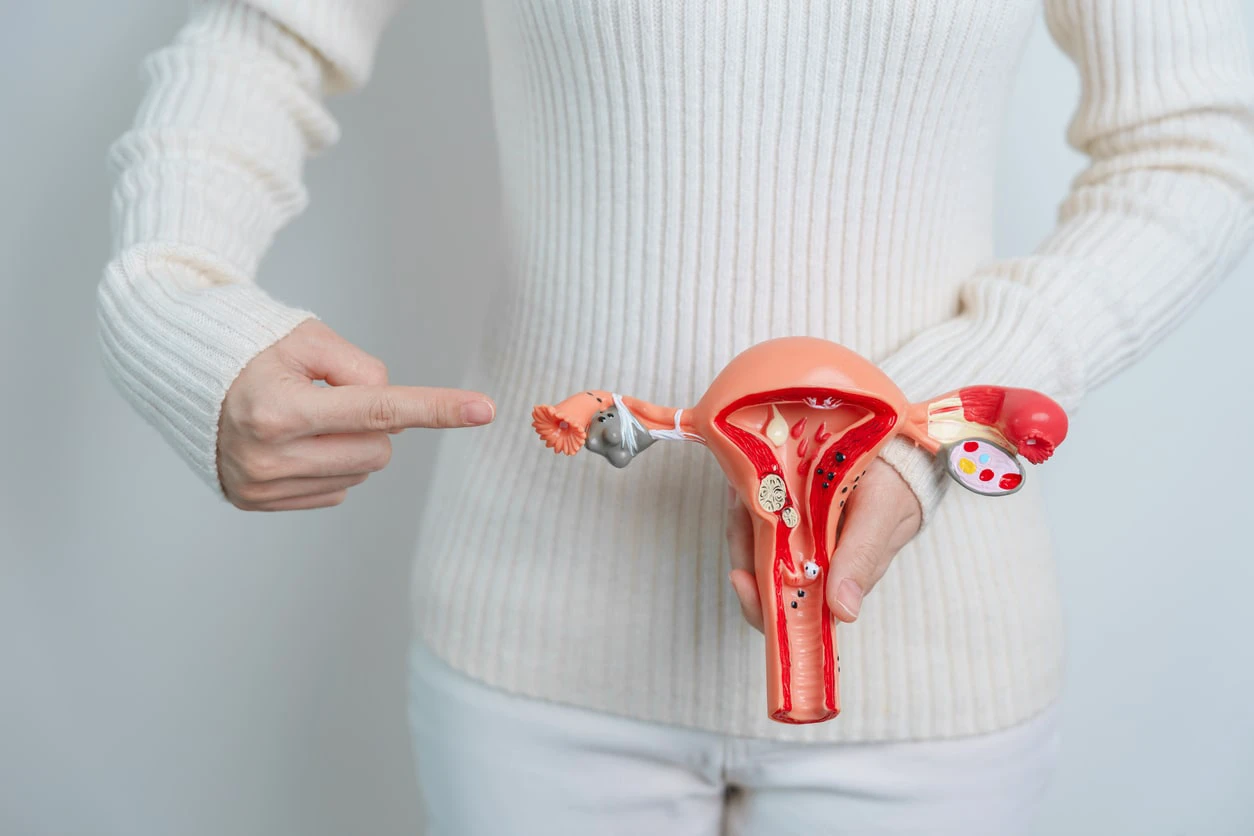PCOS is one of the most common hormonal disorders in women. It often comes with high levels of male hormones (androgens), irregular periods, acne, weight gain, excessive hair growth and fertility struggles.
A big issue many women face during PCOS is frequent blood sugar spikes, which can completely throw off their diet.
On Thursday, nutritionist Rashi Chowdhary shared a video on Instagram featuring content creator and mimicry artist Chandni Bhabhda. In the clip, Chandni joked, “My diet has been ruined in the name of PMS because I have to sit and eat ice cream for 3 months. PCOD and insulin are two different things.”
Rashi nodded in agreement and explained, “You know, here she is right. If you have PCOS, your insulin spikes three times more than it would have for someone else who doesn’t have PCOS. Three times more. But let me tell you three things that will help you ditch the insulin spike without forcing you to give up on all the foods you absolutely love.”
In her caption, Rashi further broke down how PCOS disrupts the hormonal rhythm. She explained that it increases testosterone instead of estradiol, which affects ovulation. It also boosts LH levels, lowers SHBG, and leaves more free testosterone in the body. On top of that, it pushes extra glucose to be stored as fat – leading to weight gain and making it harder to lose.
Tests To Check If You Have Insulin-Resistant PCOS
According to Rashi, here are three important tests to consider:
- Fasting Insulin: Optimal levels are 8-10 mIU/mL
- Post-Prandial Insulin (2 hours after a meal): check for balance
- HOMA-IR: Shows how hard your body is working to process glucose
Supplements That Can Help
Rashi also suggested a few simple supplements that may help control glucose spikes:
- Magnesium: It helps insulin do its job by moving sugar into cells instead of leaving it in the blood. She recommends taking it at night.
- Chromium: If you are doing everything right but still struggling with spikes, this could help balance blood sugar.
- Berberine: Supports the liver in making less sugar and helps insulin work better. For those with a sensitive gut, Rashi recommends trying Berberine DHP.
- Kalonji (Black Cumin Seeds): Contains thymoquinone, which Rashi calls an “underrated sugar cutter,” especially useful after high-carb meals. She suggests having it after meals.
In the comments, when someone mentioned chest palpitations after taking berberine, Rashi suggested switching to kalonji tea. Her tip: “Kalonji seeds 1 tsp boiled in water… separate the seeds and drink.” You can also chew the seeds directly after meals.
